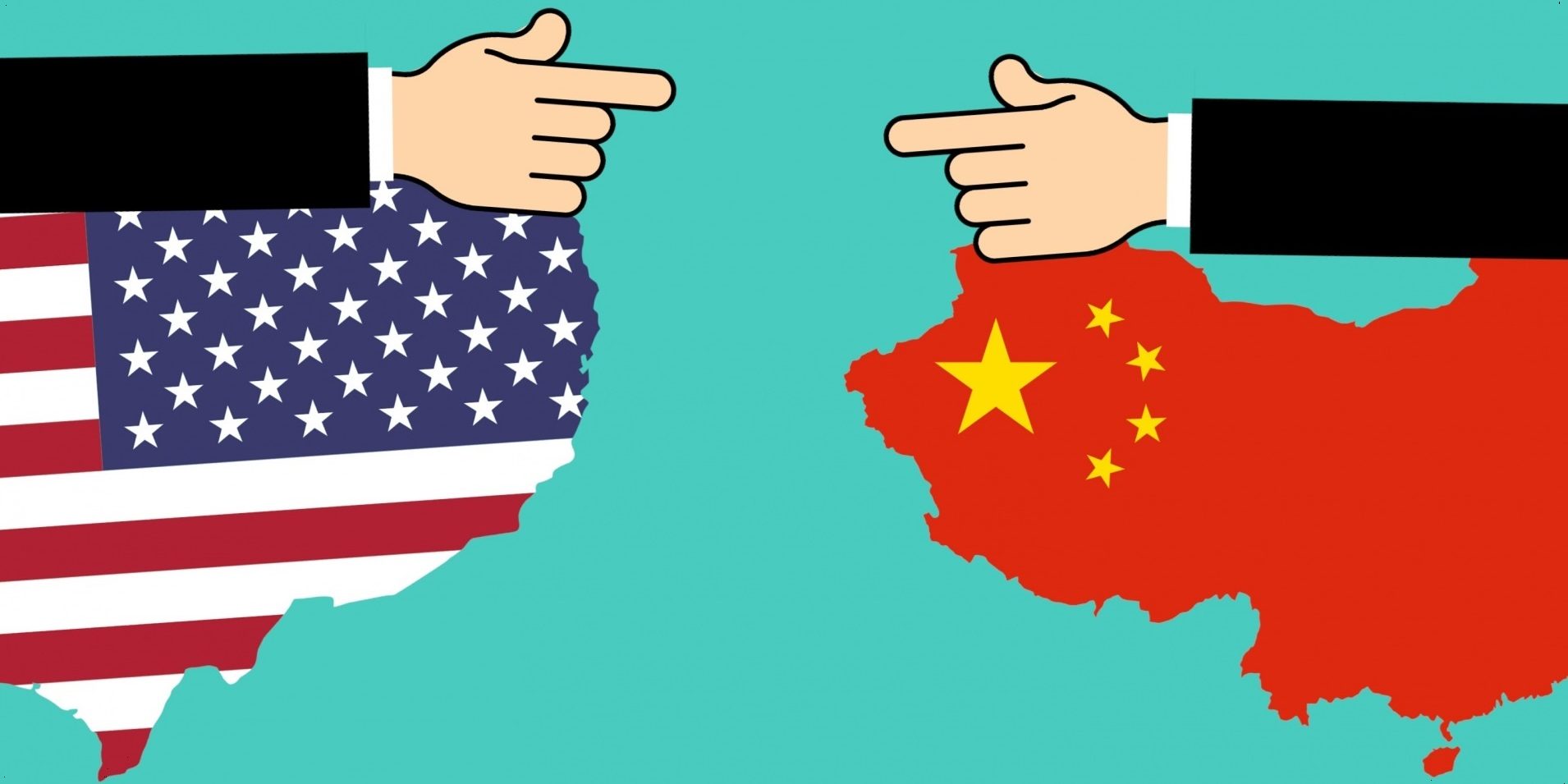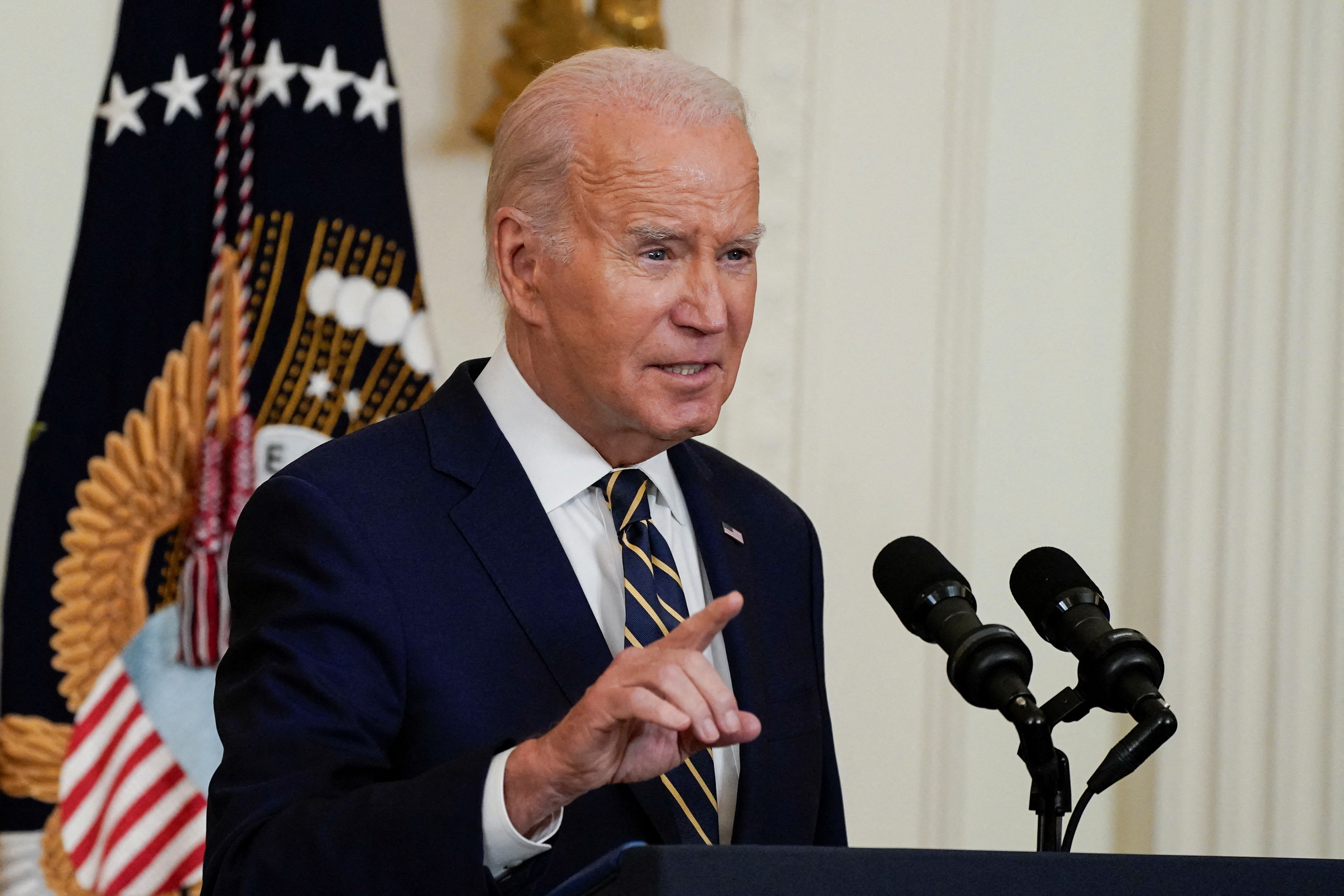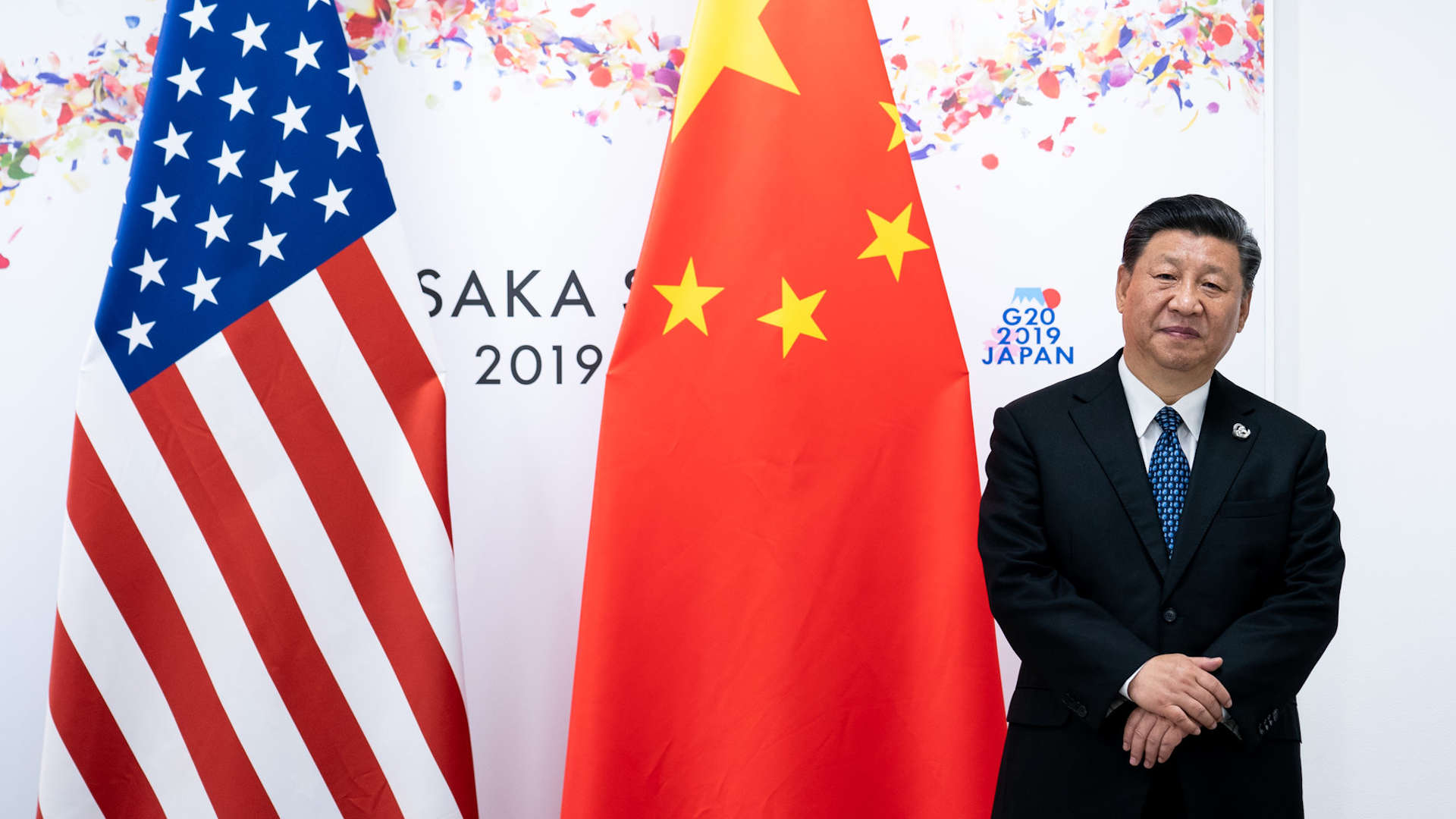Biden’s Executive Order Restrictions On Chinese Companies Continue, This Time, Fresh Ban On Trade With 42 Chinese And Some Indian Entities Over Support For Russia’s Military
In August of this year, President Joe Biden issued an executive order restricting specific U.S. investments in China, focusing on sensitive technological sectors such as computer chips. Additionally, it mandates government notification for investments in other tech domains. However, not stopping at these orders, the U.S. Commerce Department took action on Friday by including 42 Chinese entities on a government export control list due to their support for Russia's military and defence industry.

The U.S. Commerce Department came in with fresh orders taking action by including 42 Chinese entities on a government export control list due to their support for Russia’s military and defence industry, which involves providing U.S.-origin integrated circuits.
As stated by the Commerce Department in a press release, these integrated circuits encompass microelectronics that Russia utilizes for precision guidance systems in missiles and drones deployed against civilian targets in Ukraine.
Likewise, seven entities from Finland, Germany, India, Turkey, the United Arab Emirates, and the United Kingdom were also added to the trade export control list.
Assistant Secretary for Export Enforcement Matthew Axelrod emphasized the message behind these additions to the Entity List: “Today’s additions to the Entity List provide a clear message: if you supply the Russian defence sector with U.S.-origin technology, we will find out, and we will take action.”

In response to these actions, China criticized the U.S. move as “economic coercion and unilateral bullying.” China’s Ministry of Commerce issued a statement urging the United States to rectify its practices and cease its unjust suppression of Chinese companies.
Notably, it has been 20 months since Russia’s invasion of Ukraine, and a recent Russian missile strike in a northeastern Ukrainian village resulted in the tragic loss of at least 52 lives, marking one of the deadliest attacks to date.
Standing Tough On China
In September of this year, the United States expanded its scrutiny of business practices involving forced labour, adding three Chinese companies to the Uyghur Forced Labor Prevention Act Entity List.
These companies, Xinjiang Tianmian Foundation Textile Co Ltd, Xinjiang Tianshan Wool Textile Co. Ltd, and Xinjiang Zhongtai Group Co. Ltd, were implicated in aiding the Xinjiang government’s recruitment and transportation of Uyghurs and other persecuted minorities for forced labour, particularly in Xinjiang, a region in western China under international scrutiny for its treatment of Uyghur Muslims and other minority groups.
Secretary of Homeland Security Alejandro Mayorkas emphasized the U.S. stance, saying, “We do not tolerate companies that use forced labour, that abuse the human rights of individuals in order to make a profit.”
These companies are known for their operations in the textile and chemical sectors, with Xinjiang Tianmian producing various textile products, including yarn, Xinjiang Tianshan dealing in wool and cashmere garments, and Xinjiang Zhongtai specializing in chemical and building materials like PVC.
Under a 2021 U.S. law, imports from companies listed under the Uyghur Forced Labor Prevention Act Entity List are strictly prohibited, except if importers can affirmatively prove that their products were not produced through forced labour.
It is worth noting that allegations of labour camps targeting Uyghurs and other Muslim minorities in Xinjiang have been consistently denied by Beijing, despite claims by U.S. authorities.

Taking Measures
In August of this year, President Joe Biden signed an executive order imposing restrictions on certain U.S. investments in China, particularly in sensitive technological areas such as computer chips; this order also mandates government notification for investments in other tech sectors.
The long-anticipated executive order grants authority to the U.S. Treasury Secretary to either prohibit or limit U.S. investments in Chinese entities operating in three key sectors: semiconductors and microelectronics, quantum information technologies, and specific artificial intelligence systems.
While the administration specified that these restrictions would pertain to “narrow subsets” within these sectors, precise details were not provided, and public input was invited.
The primary objective of this order is to prevent American capital and expertise from contributing to China’s advancement in technologies that could bolster its military capabilities and threaten U.S. national security; the order’s scope includes private equity, venture capital, joint ventures, and greenfield investments.
President Biden, a Democrat, conveyed in a letter to Congress that he declared a national emergency to address the potential technological advancements by countries like China in critical areas related to military, intelligence, surveillance, or cyber capabilities.

China’s Stance
In response, China expressed its deep concern about the order and asserted its right to take countermeasures; the Chinese Commerce Ministry issued a statement claiming that the order disrupts normal business operations and decision-making for enterprises and undermines the international economic and trade order.
The ministry urged the U.S. to respect market economy laws and principles of fair competition while refraining from creating artificial obstacles to global economic and trade exchanges and cooperation or hindering the world economy’s recovery.
In a separate statement, the Chinese foreign ministry voiced strong dissatisfaction with and firm opposition to the U.S.’s insistence on introducing investment restrictions on China, also lodging formal protests with the U.S. government.
At the same time, China called on the U.S. to uphold President Biden’s pledge not to decouple from China or obstruct China’s economic development.
What Is The United States Order
The order primarily focuses on investments in Chinese companies involved in the development of software for designing computer chips and tools for chip manufacturing; these areas are currently dominated by the U.S., Japan, and the Netherlands, and China has been actively seeking to establish its own alternatives.
The White House emphasized that it had consulted with allies and incorporated feedback from Group of Seven nations before implementing these measures, intending to prevent American investment from contributing to China’s military growth.
It’s important to note that these regulations will apply to future investments and will not affect existing ones, although the Treasury may request disclosure of prior transactions.
While this move could potentially escalate tensions between the world’s two largest economies, U.S. officials stressed that the prohibitions were designed to address the most significant national security risks and not wholly separate their interdependent economies.
Some critics, particularly Republicans, argue that the order contains loopholes and falls short of being sufficiently assertive.
The order is expected to be implemented next year, following multiple rounds of public comment, including an initial 45-day comment period.
The Chinese tech industry has already witnessed a significant decline in U.S. investment due to escalating geopolitical tensions, with last year’s U.S.-based venture capital investment in China dropping substantially.
Thus, the new measure is likely to further impact such investments, affecting both Chinese and American businesses and diminishing investor confidence in the U.S.
The Semiconductor Industry Association expressed hope that this order would create a level playing field for U.S. chip firms to compete globally, including in the Chinese market.
The Last Bit, President Biden’s executive order restricting trade with China and entities of other countries as recognised, could serve as a significant blow; the order’s impact, coupled with China’s response, will likely shape the trajectory of this crucial bilateral relationship.
It is essential to watch how the order evolves in implementation and consider its repercussions on investment flows, technological competition, and geopolitical dynamics.




